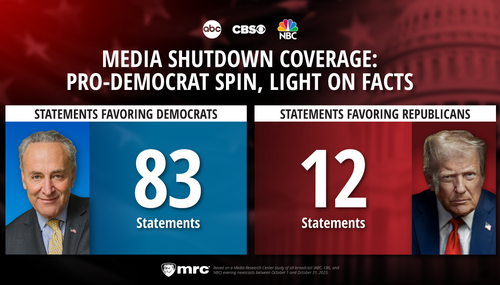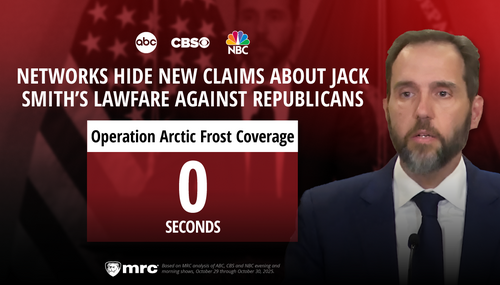 Throughout this month Michigan State University's public radio station WKAR has aired portions of an interview with Jemele Hill (see file photo), former ESPN SportsCenter anchor and current writer for The Atlantic. Hill says athlete activism is far from over, defended athlete activists LeBron James, Serena Williams and Colin Kaepernick, called President Donald Trump a liar and denied that she is an activist.
Throughout this month Michigan State University's public radio station WKAR has aired portions of an interview with Jemele Hill (see file photo), former ESPN SportsCenter anchor and current writer for The Atlantic. Hill says athlete activism is far from over, defended athlete activists LeBron James, Serena Williams and Colin Kaepernick, called President Donald Trump a liar and denied that she is an activist.
Al Martin, host of WKAR's Current Sports, hosted the programs and conducted the Hill interview. He calls Hill, a Michigan State grad, a "media powerhouse" and opened the interview by recounting her September 2017 tweet calling Trump a "white supremacist" and how that became a defining moment in her career. She attempted to justify it by saying:
"We’re not really used to an administration behaving in this way. Even within the fierce competitiveness of politics, it was a certain decorum that was expected and that decorum is not there so the media is constantly caught off guard and on their heels. You know, it could be with very simple things. The president has outright lied on a number of things. Facts that can be check that are easily refutable. But when you read the headline it says he mislead or, ya know, they use every word but what it is, which is...it’s a lie! Ya know? And it’s a purposeful lie. It’s not one of those things where it’s accidental, or he just misspoke, or he misremembered. No. It’s just an actual lie."
When the conversation between Martin and Hill turned to athlete activism, she predicted it and Kaepernick's story are far from over.:
"Lest we forget that there's still many more chapters that need to be added on top of the work he's continuing to still do. He hasn't stopped his work in this whole process. But I feel like athletes are very activated right now, not just because of Colin Kaepernick, but also because of LeBron James. I mean, he's a self-created mogul. He's teaching other athletes a different blueprint for success. That they can control their own narrative. That they can be their own business, and that they can be their own empire. And that level of ownership, I think, is very threatening to a lot of the people that have, that are so used to writing them a check, as opposed to them saying, 'I don't need your check. I can do this on my own.' Or, 'your check is nice, but it's not going to influence, you know, what I think or how I move.'"
Hill played the entitlement card by citing Pittsburgh Steelers' stars Antonio Brown and Le’Veon Bell. She said these millionaire athletes deserve future financial guarantees. As activists, they're taking their grievances directly to the people through social media.
This era of bold activism in sports also prompted white NBA player Kyle Korver's virtue signaling admission in The Players Tribune earlier this year. Hill told Martin that, five years ago before the revolt of activist athletes, Korver would not have written how guilty he feels for his white privilege.
In discussion on women and minority athletes, Hill defended Serena Williams. "The reaction to Serena is really no different than the reaction we've seen whenever people of color have dared to publically challenge a system. It is going to make people uncomfortable and it's going to draw backlash.
"You know a lot of people just want athletes, especially black athletes, to be here purely for their entertainment. They don't want to hear about what it's actually like to live the black experience."
Hill offered no defense for the backlash Williams brought on herself for her outrageous behavior at last year's U.S. Open women's finals. After getting penalized for a seismic temper tantrum, she accused the judge of sexism.
"So, who is Jemele Hill?" Martin asked. "A journalist. A Spartan. And someone who you’ll continue to hear about on the national stage for years to come." (As a media mouthpiece for activist athletes, that is.) Hill denies the "activist" label and concludes, “I mean, people have described me as an activist. Which, I appreciate the compliment, but I’m not. I am still a journalist."





